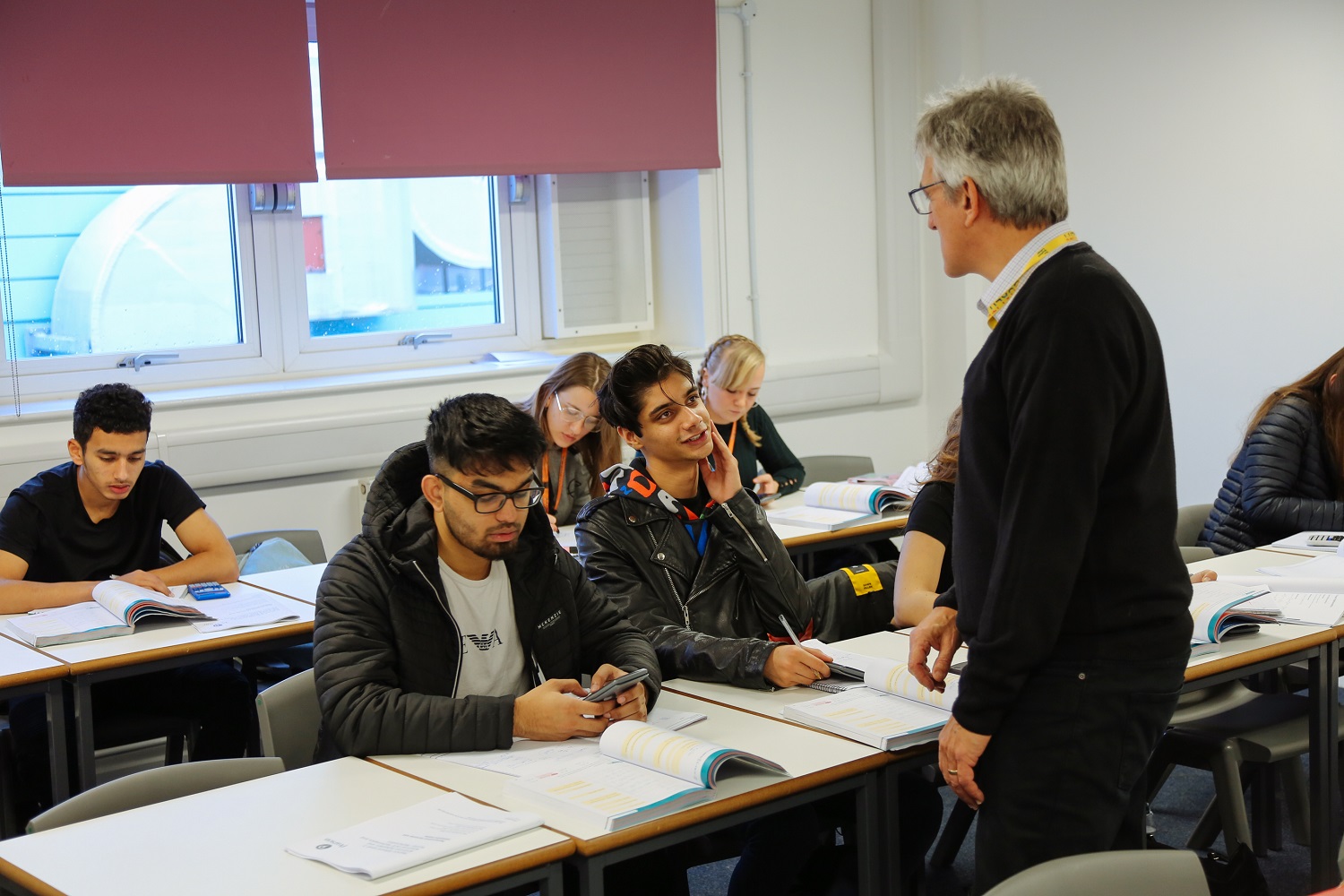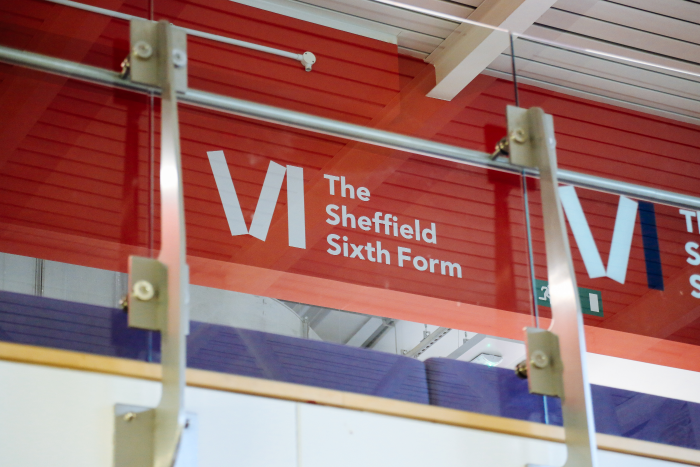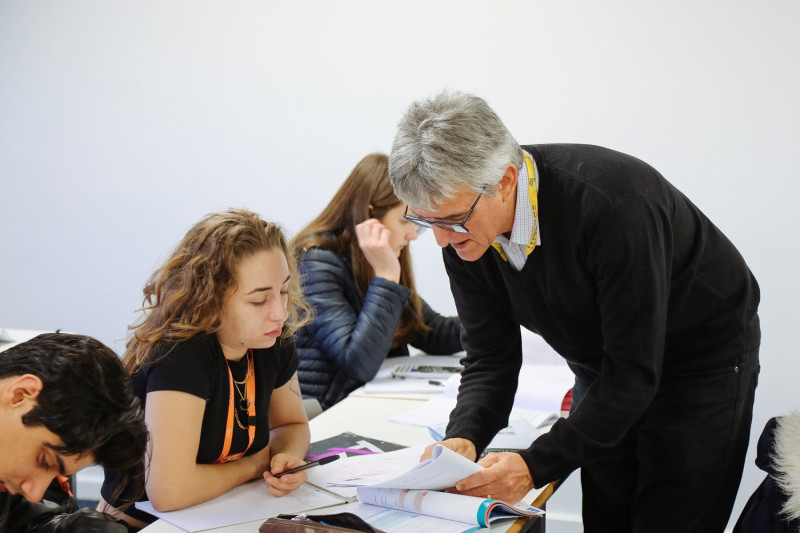Physics
On the A Level Physics course you will build on your current knowledge of science and physics, and expand your learning into more complex areas, including particle matter, quantum phenomena and electricity. You will look at particles and quantum phenomena, electricity, mechanics, materials and waves. Then you will delve into further mechanics before exploring the fascinating areas of nuclear physics, medical imaging techniques, thermal physics and astrophysics. As well as your theoretical learning you will develop investigative and practical skills as you apply that learning to experimental applications. This hands-on approach encourages an appreciation of the big picture in physics and aids in the development of rational thinking.
About the Course
You will look at particles and quantum phenomena, electricity, mechanics, materials and waves. Then you will delve into further mechanics before exploring the fascinating areas of nuclear physics, medical imaging techniques, thermal physics and astrophysics.
As well as your theoretical learning you will develop investigative and practical skills as you apply that learning to experimental applications. This hands-on approach encourages an appreciation of the big picture in physics and aids in the development of rational thinking.
Will this subject suit me?
If you like to think about the nature of light, matter, gravity, electrons, the Big Bang, magnets, black holes and superconductors then yes!
The course will contain lots of practical work and lots of mathematical work.
Personal Study Time
A Level students are expected to devote as much time outside the classroom to their studies as in lessons. You will be given significant amounts of homework on a regular weekly basis including practise at examination style questions. Independent study is crucial to success at A Level.
Entry Requirements
To study 3 A Levels
5+ GCSEs grades 9-4 in different subjects, including English Language and Maths at a minimum of grade 4.
Additional Requirements
9-6 in Maths
9-6 in Physics if taking separate sciences
9-6 in Double Science OR Core Science plus Additional Science (not applied or vocational Science)
The Sheffield Sixth Form welcomes students who have studied vocational qualifications. However, the minimum entry requirements for the A Level programme, as shown above, must be GCSEs.
Assessment
Written examination papers incorporating both the syllabus content and the recommended practical work done during the course. Candidates complete practical activities to demonstrate practical competence. Performance reported separately to the A Level grade The examinations are taken after 2 years of study for students on the full A Level course or after 1 year for students completing the AS Level course.
Where does this lead
An A Level in Physics (combined with other science A Levels) could see you carry on to study a science degree at university.
Future Opportunities
Physics can take you anywhere. You could become an astronomer working at NASA, a particle physicist working at CERN, a meteorologist doing the weather on TV, an engineer designing formula 1 cars and so on, or even apply your knowledge of physics to the world of finance.
Physics is a highly sought after A Level and degree alike by employers because it speaks of intelligent, critical, rational thought.
- Course: P00249
- Start Date: September 2023
- Level: 3
- Area: A Levels
- Campus: City Campus
- Category: School Leavers
Typical entry requirements:
To study 3 A Levels
5 GCSEs at grade 4 or higher, including English Language and Maths
Please note:
- BTEC or vocational qualifications will not be accepted in place of GCSEs
- International applicants must also have IELTS 6.0
Additional Requirements
9-6 in Maths
9-6 in Physics if taking separate sciences
9-6 in Double Science OR Core Science plus Additional Science (not applied or vocational Science)





